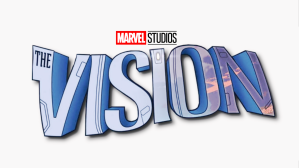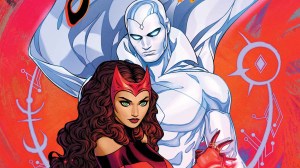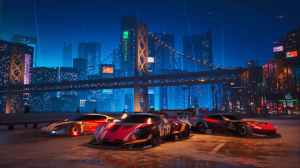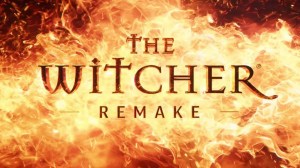There are hundreds, if not thousands, of worthwhile comics and adventures within the Marvel Universe. Realistically, we could spend all day listing them and still not be done! However, some of the best Marvel Comics are the ones that can stand on their own, telling a self-contained story perfect for fans old and new. These are often the recommended onboarding points for newer fans, as they tend to be less intimidating or overwhelming. That brings us to one of our favorite standalone series within the Marvel universe: The Vision (2015-2016) by Tom King and Gabriel Hernández Walta. Readers really just need to have a vague understanding of who Vision is before diving into this series.
Videos by ComicBook.com
The Vision ran for 12 issues, or three volumes, telling a complete story about a hero desperate to have the perfect human experience. The middle keyphrase is arguably the most important, as The Vision has always craved a way to become closer to humanity. He once had a family with the Scarlet Witch, but that isn’t this story. This story is about The Visions: the hero, his wife, Virginia, and their two children, Viv and Vin. What could possibly go wrong?
Groundbreaking Storytelling within The Vision

At its core, The Vision is a bold literary take on the life of a superhero. It takes a well-known (and loved!) hero and turns his story into this slow-burning psychological mystery, eventually becoming something more akin to a suburban tragedy. At the center of the story is The Vision’s obsession with becoming human. In this case, that often means appearing human; following the rules, conforming to the norms, matching the picture-perfect nuclear family image as “seen on TV.”
While The Vision’s determination to be more human may steal the focus, this is a layered story full of surprises. His creation of a nuclear family has perhaps a bit more in common with Frankenstein than one would like to admit, with perhaps a dash of Stepford Wives for good measure. Yes, the series had a clear impact on how WandaVision was created, so fans of that show really should make a point of sitting down and reading this story.
Forging a Relatable Narrative
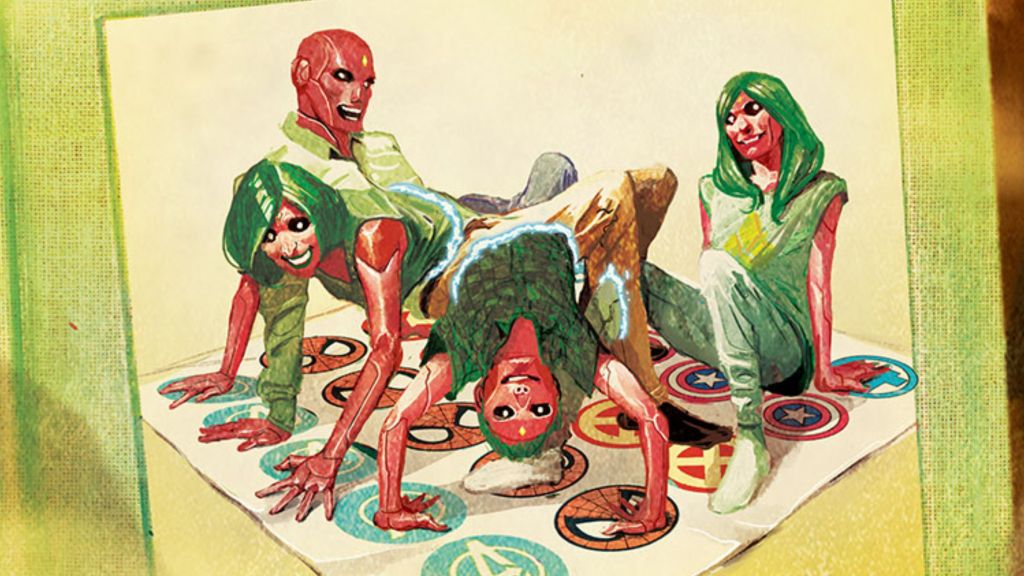
As much as fans enjoy a good superhero story, it’s often too easy to think, “This isn’t a relatable adventure; their stories are larger than life!” However, The Vision worked hard to change that reaction. Truthfully, anybody who has ever felt like they had to change as a means of fitting in knows precisely what kind of pressure The Vision placed upon himself. Likewise, they can feel the burning terror and borderline existential crisis that his entire family spent their days running away from. There is something deeply personal about each of their struggles; it can cut straight to the core.
Virginia is meant to be the perfect housewife; take care of the kids, maintain the house. Meanwhile, Viv and Vin are forced out into the real world, facing real teenagers and all the cruelty they can bring to bear. The story quickly begins to spiral, from microaggressions from seemingly kind neighbors to more hostile reactions and moments of pure existential dread. As the story progresses, readers are given a front row seat to how far The Vision will go to protect his family and his sense of self.
Setting the Story On the Outside While Looking In

It can be really challenging to find any series in Marvel Comics that isn’t deeply tied into dozens of others. The Vision somehow created this strange yet perfect storm of events. It exists within the continuity, but it’s like the rest of the Marvel Universe is looking in, rather than the other way around. The narrator (whom we will not spoil) is reporting on The Vision family to characters unknown, slowly explaining the ever-increasing concern about what is happening in the middle of one suburban neighborhood.
Even this literary device helps to remind readers that The Vision is trying to mirror the human condition, to varying degrees of success. It’s a heartbreaking drama unafraid to take risks, incorporating many themes and elements. Much like the Disney+ show it influenced, The Vision incorporates philosophical debates with questions about identity, family, conformity, and the definition of personhood. All while leaving readers asking: what makes a hero, and what do we do when the heroes themselves need to be saved? What happens when the battles are not physical in nature?
Side note: Some content inside The Vision may not be suitable for all readers.

